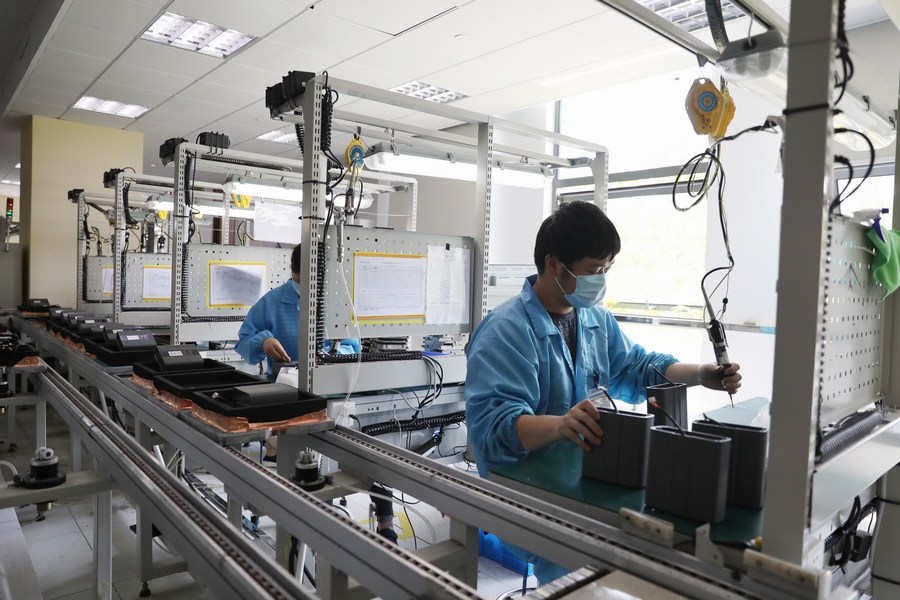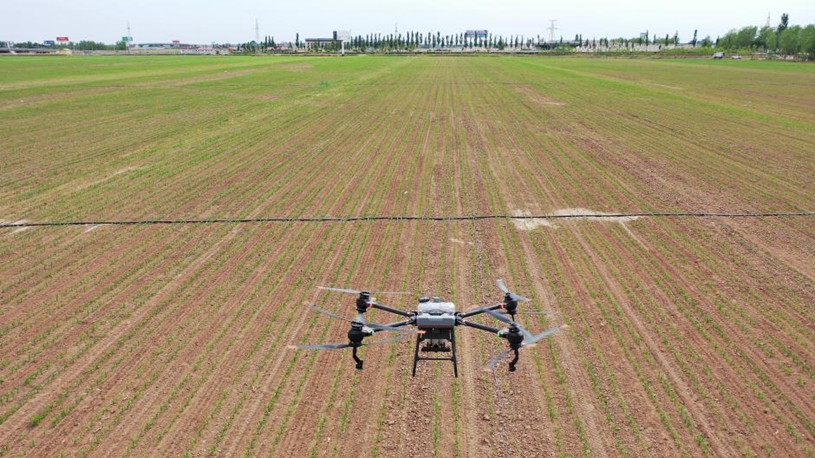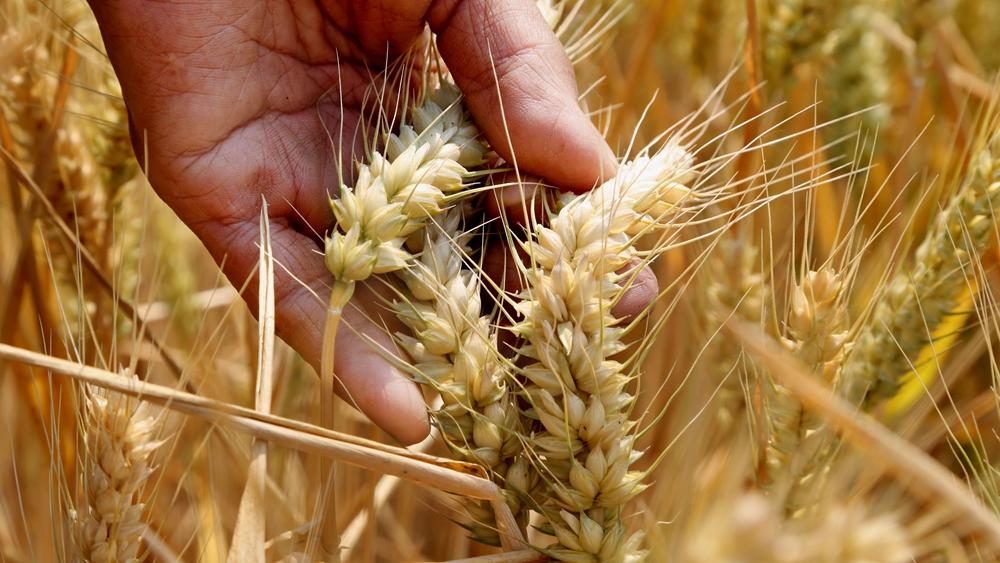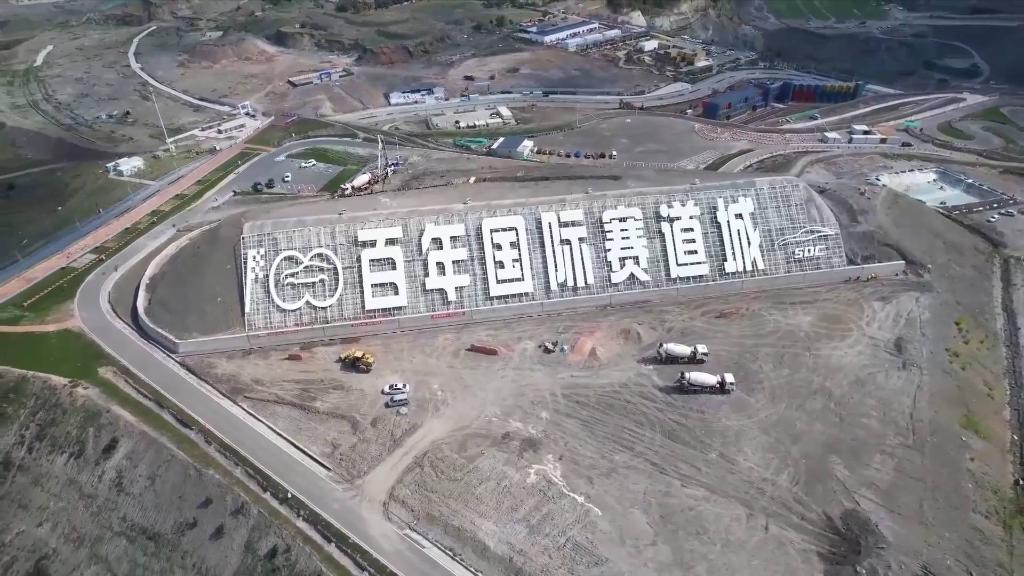
Staff members work at a workshop in an industry park in Qingpu District of Shanghai, east China, May 17, 2022. (Xinhua/Zhao Yihe)
BEIJING, June 3 (Xinhua) -- China's cabinet has rolled out a policy package this week, with a prominent part contributing to bolstering micro, small and medium-sized enterprises (MSMEs).
Of the total 33 measures issued by State Council on Tuesday, 14 cover contents to support the COVID-stricken small businesses.
Calling the measures targeted, extensive and coordinated, Vice Minister of Industry and Information Technology Xu Xiaolan said they have created synergy with previous policies, aiming to tackle small businesses' crying needs amid the cash crunch, debt pressures and sluggish market demands.
EXTEND LIFELINE
Experts believe that the current restraining forces for MSMEs' recovery and growth include rising costs due to hiking international food, energy and raw material prices, shrinking demands and supply shocks resulting from disruptions in industrial and supply chains at home and abroad.
"The period between May to September is supposed to be our factory's peak season for orders. We should have received many orders by April, but this year we haven't seen any," said Liu Chunming, financial chief of a Yangzhou-based shoe-making company.
The company received a large amount of handcraft-shoe orders from Southeast Asia and India last year and borrowed 26 million yuan (3.88 million U.S. dollars) from the bank. It is under heavy stress to repay the loans as payment collection dragged due to the pandemic.
"Thanks to the tax and fee deferrals for micro, small and medium-sized manufacturing firms, not only were our 900,000-yuan tax and fee payments from the fourth quarter last year extended for another six months, this year's tax and fee payments from the first and second quarter can continue to enjoy the deferrals," Liu said.
On top of that, China will also expand the policy of deferring premium payments of social security programs and support banks to postpone, within this year, principal and interest repayments on loans made to MSMEs, according to the State Council's Tuesday circular.
"The strengths, scope and depth of support for MSMEs have been increasing constantly," said Shan Lipo, an official with the Ministry of Industry and Information Technology.
EASE BURDENS
The Yangzhou Xiexin Smart Wind Power Generation Co., Ltd. has seen more costs added to the construction of its power stations this year as the construction got put off by two months due to the COVID-19.
However, the company just received 13 million yuan of outstanding and newly added value-added tax credit refunds, which its financial chief Li Hui called a "timely rain."
"We will use it to repay bank loans. We will be able to reduce 559,000 yuan of financing costs in a year if calculated with the current lending rate," Li said.
The State Council has decided to extend the policy of refunding outstanding and newly added value-added tax credits to more industries, which is expected to increase tax refunds by 140-plus billion yuan, according to its circular.
Measures such as lowering utility and Internet service bills and facilitating phased rent exemption for market entities are also included in the circular to relieve firms' financial burdens.
"Thanks to this year's policy to exempt rent for businesses that are tenants of state-owned enterprises, we will be waived for 3 million yuan on rent. We will use it on equipment purchase and research and development," said Zhou Da, Vice President of Ecosystem of BioMap, a startup biotech company.
"For science-driven MSMEs at the cutting edge of industry development, technological innovation is of utmost importance," Zhou said. He admitted that the raft of policies aiming at cutting costs has injected more vitality into firms' innovation and development. ■












